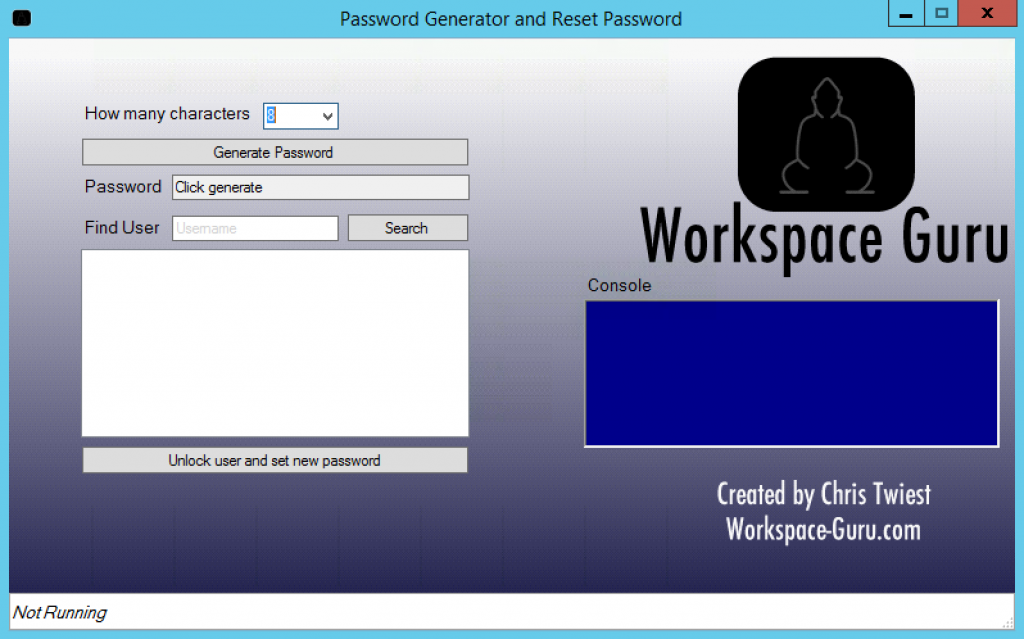

- COMPLEX PASSWORD GENERATOR CRACKED
- COMPLEX PASSWORD GENERATOR GENERATOR
- COMPLEX PASSWORD GENERATOR VERIFICATION
- COMPLEX PASSWORD GENERATOR CRACK
Introduction: Entropy, in an information sense, is a measure of unpredictability. In practice, compression algorithms deliberately include some judicious redundancy in the form of checksums to protect against errors. The performance of existing data compression algorithms is often used as a rough estimate of the entropy of a block of data. Entropy is typically measured in bits, nats, or bans.ĭata compression: Entropy effectively bounds the performance of the strongest lossless (or nearly lossless) compression possible, which can be realized in theory by using the typical set or in practice using Huffman, Lempel-Ziv or arithmetic coding. In this context, the term usually refers to the Shannon entropy, which quantifies the expected value of the information contained in a message.


Information theory: Entropy is a measure of the uncertainty associated with a random variable.
COMPLEX PASSWORD GENERATOR GENERATOR
Using a strong random password generator it helps in also calculating password strength.īrute-force attacks are an application of brute-force search, the general problem-solving technique of enumerating all candidates and checking each one.” It is important to generate passwords that are strong. One of the measures of the strength of an encryption system is how long it would theoretically take an attacker to mount a successful brute-force attack against it.
COMPLEX PASSWORD GENERATOR CRACKED
Brute-force attacks can be made less effective by obfuscating the data to be encoded, something that makes it more difficult for an attacker to recognize when he/she has cracked the code.
COMPLEX PASSWORD GENERATOR CRACK
The key length used in the encryption determines the practical feasibility of performing a brute-force attack, with longer keys exponentially more difficult to crack than shorter ones. In the worst case, this would involve traversing the entire search space. It involves systematically checking all possible keys until the correct key is found. Such an attack might be utilized when it is not possible to take advantage of other weaknesses in an encryption system (if any exist) that would make the task easier. If it is necessary, use a media with end-to-end encryption, a password manager, or by word of mouth.“In cryptography, a brute-force attack, or exhaustive key search, is a strategy that can, in theory, be used against any encrypted data. It can be compromised at different stages during the relaying. Never share your password via a text message or email.Others prefer changing it after a certain duration, say a half a year or yearly. Also, if the browser or website is compromised, ensure you change the security code. In an event you share your password with someone, ensure you change the password thereafter.The codes are safe and cannot easily be compromised, especially if you are using browsers to keep account passwords. Use a password manager or vault to save all your account passwords.
COMPLEX PASSWORD GENERATOR VERIFICATION
In case you forgot your password or did not save it, invoke the two steps verification to create a new password.


 0 kommentar(er)
0 kommentar(er)
